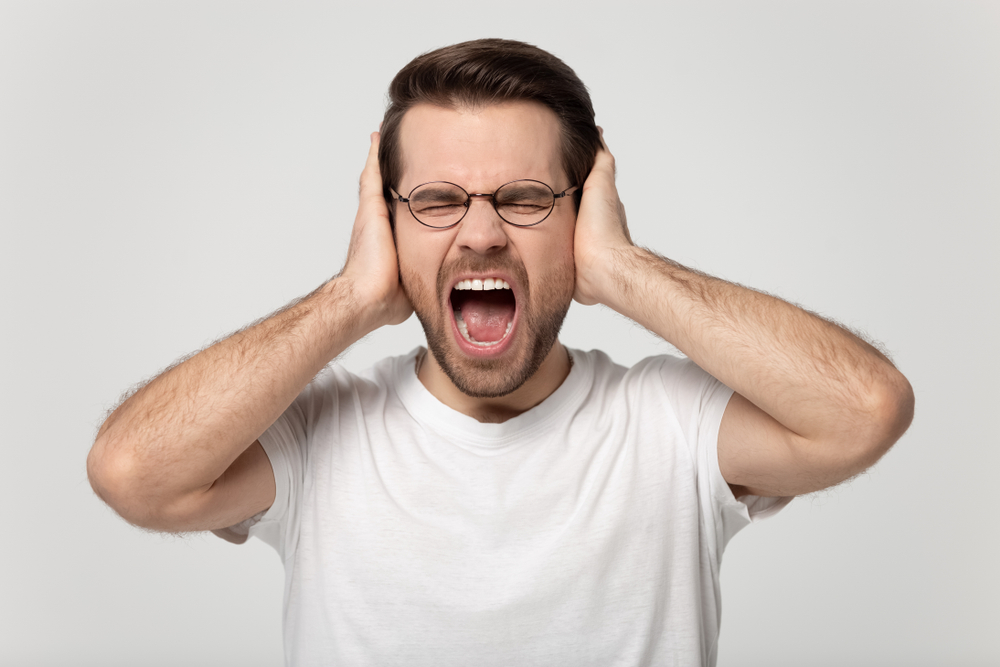Here’s why you hate the sound of your own voice
As a surgeon who specializes in treating patients with voice problems, I routinely record my patients speaking. For me, these recordings are incredibly valuable. They allow me to track slight changes in their voices from a visit to visit, and it helps confirm whether surgery or voice therapy led to improvements. Yet I’m surprised by how difficult these sessions can be for my patients. Many become visibly uncomfortable upon hearing their voice played back to them. “Do I really sound like that?” they wonder, wincing. (Yes, you do.) Some become so unsettled they refuse outright to listen to the recording — much less go over the subtle changes I want to highlight. The discomfort we have overhearing our voices in audio recordings is probably due to a mix of physiology and psychology. For one, the sound from an audio recording is transmitted differently to your brain than the sound generated when you speak. When listening to a recording of your voice, the sound travels through the air and into your ears — what’s referred to as “air conduction.” The sound energy vibrates the ear drum and small ear bones. These bones then transmit the sound vibrations to the cochlea, which...
5:21PM GMT+0000 / June 16, 2021







